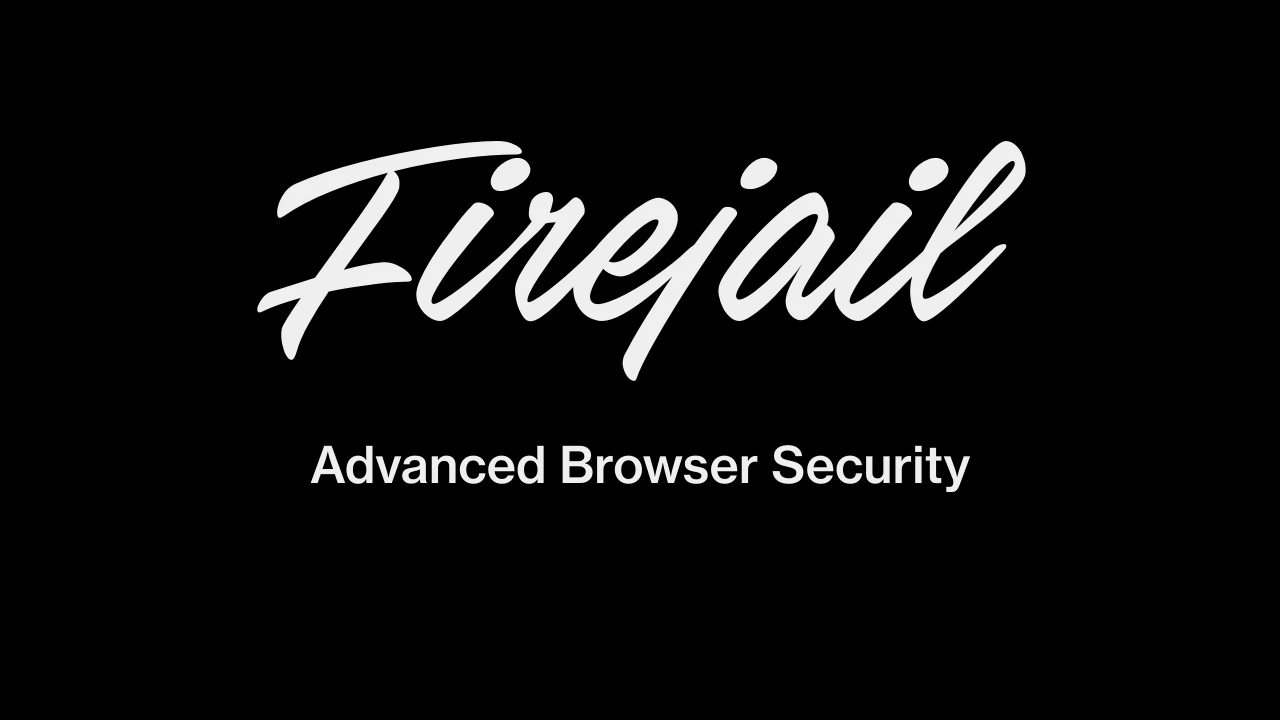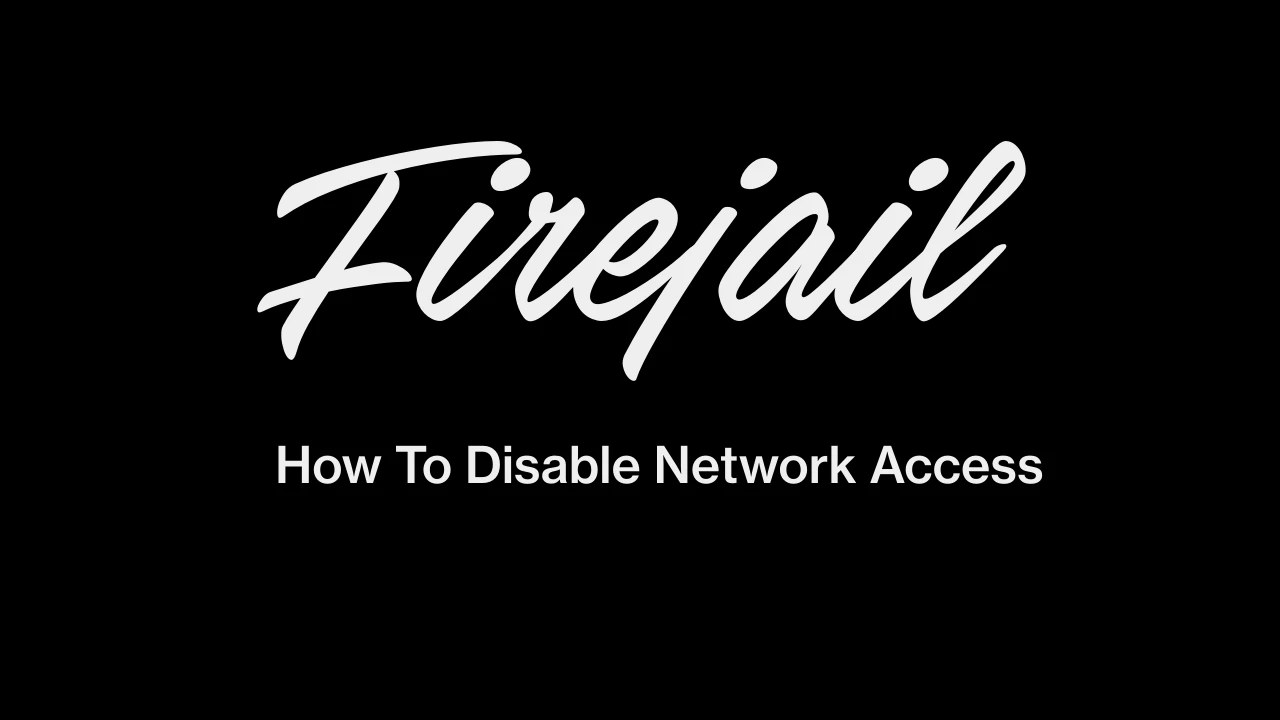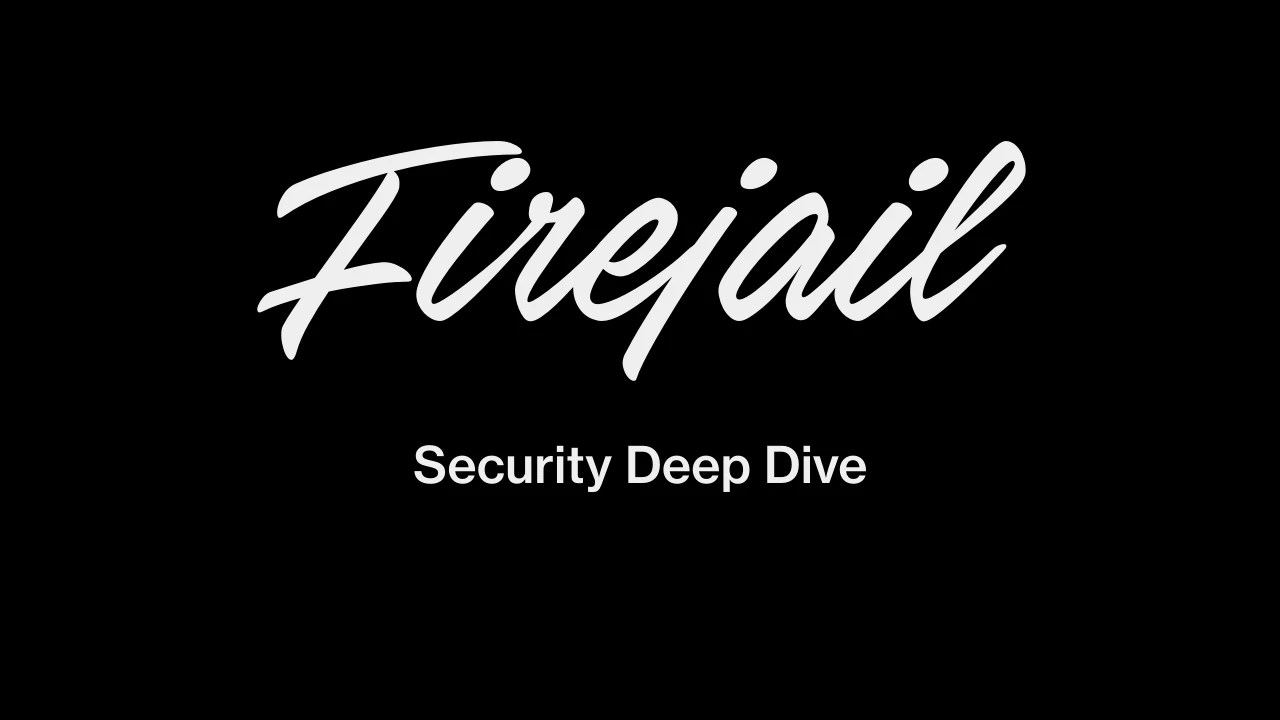Repology
[](https://repology.org/project/firejail/versions)
Other than the [aforementioned exceptions](#installing), as long as your
distribution provides a [supported version](SECURITY.md) of firejail, it's
generally a good idea to install it from the distribution.
The version can be checked with `firejail --version` after installing.
You can also install one of the [released
packages](https://github.com/netblue30/firejail/releases).
Or clone the source code from our git repository and build manually:
```sh
git clone https://github.com/netblue30/firejail.git
cd firejail
./configure && make && sudo make install-strip
```
On Debian/Ubuntu you will need to install git and gcc. AppArmor development
libraries and pkg-config are required when using the `--enable-apparmor`
./configure option:
```sh
sudo apt-get install git build-essential libapparmor-dev pkg-config gawk
```
For `--selinux` option, add libselinux1-dev (libselinux-devel for Fedora).
Detailed information on using firejail from git is available on the
[wiki](https://github.com/netblue30/firejail/wiki/Using-firejail-from-git).
## Running the sandbox
To start the sandbox, prefix your command with `firejail`:
```sh
firejail firefox # starting Mozilla Firefox
firejail transmission-gtk # starting Transmission BitTorrent
firejail vlc # starting VideoLAN Client
sudo firejail /etc/init.d/nginx start
```
Run `firejail --list` in a terminal to list all active sandboxes. Example:
```console
$ firejail --list
1617:netblue:/usr/bin/firejail /usr/bin/firefox-esr
7719:netblue:/usr/bin/firejail /usr/bin/transmission-qt
7779:netblue:/usr/bin/firejail /usr/bin/galculator
7874:netblue:/usr/bin/firejail /usr/bin/vlc --started-from-file file:///home/netblue/firejail-whitelist.mp4
7916:netblue:firejail --list
```
## Desktop integration
Integrate your sandbox into your desktop by running the following two commands:
```sh
firecfg --fix-sound
sudo firecfg
```
The first command solves some shared memory/PID namespace bugs in PulseAudio
software prior to version 9. The second command integrates Firejail into your
desktop. You would need to logout and login back to apply PulseAudio changes.
Start your programs the way you are used to: desktop manager menus, file
manager, desktop launchers.
The integration applies to any program supported by default by Firejail. There
are over 900 default applications in the current Firejail version, and the
number goes up with every new release.
We keep the application list in
[src/firecfg/firecfg.config](src/firecfg/firecfg.config)
(/etc/firejail/firecfg.config when installed).
## Security profiles
Most Firejail command line options can be passed to the sandbox using profile
files.
You can find the profiles for all supported applications in [etc/](etc/)
(/etc/firejail/ when installed).
We also keep a list of profile fixes for previous released versions in
[etc-fixes/](etc-fixes/).
If you keep additional Firejail security profiles in a public repository,
please give us a link:
* 




